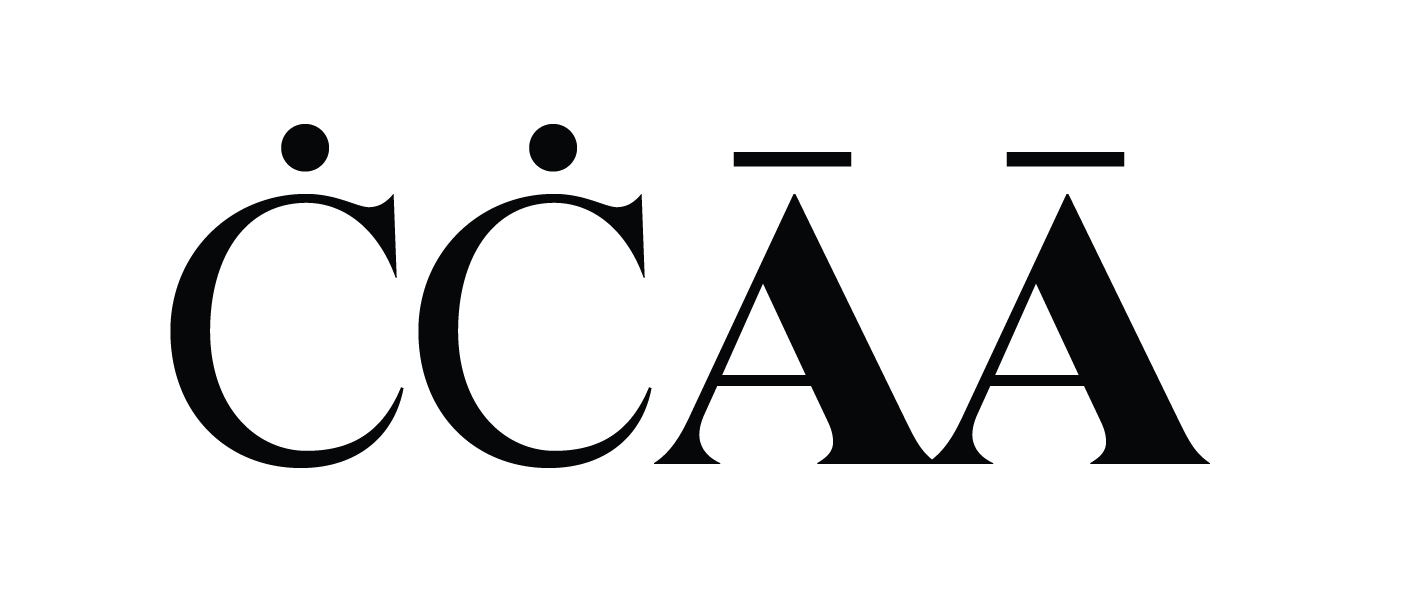Overview
Our drum instructors are well-versed in a wide array of musical styles, such as classical, jazz, rock, pop, country, gospel, and R&B. Irrespective of your age or skill level, they will work closely alongside you to set attainable objectives and support you in accomplishing them.
What’s the #1 reason to choose the Academy for drum lessons?
The outstanding guidance provided by our drum instructors is the top reason to consider joining our academy. As a member of our academy, you will not only receive expert instruction but also become part of a supportive community. Our instructors will assist you in selecting a song that resonates with you and will guide you through the entire learning process, from start to finish. This journey culminates in a recital where you will have the opportunity to showcase your hard work and perform your piece for your family and friends, creating a moment of celebration and pride.
How qualified are your drum instructors?
Our instructors have received their education from prestigious institutions such as Manhattan School of Music, Berklee College of Music, Peabody Conservatory of the Johns Hopkins, Northern Illinois University, Conservatory of Music of Puerto Rico, Howard University in Washington, University of Maryland, Komitas State Conservatory, University of Southern Mississippi, University of Hartford – Hartt School of Music Hartford, Towson University, College Conservatory of Music at University of Cincinnati, Shanghai Conservatory of Music, Liaoning Normal University in Dalian China, Wheaton College and Boston University. Many have toured the US and Europe, and bring years of professional performance and teaching experience to your lessons.
What styles of drumming do you teach?
Our drum instructors teach all styles, from rock and metal to pop, jazz, funk, country, blues and classical.
Do I have to know how to read music?
No. Beginners are welcome!
What will I learn from drum lessons at the Academy?
In drum lessons, you will learn a variety of skills and techniques that will help you become a proficient drummer. Here are some key areas you can expect to learn in drum lessons:
Drumming fundamentals: You'll learn the basics of drumming, including how to hold drumsticks, proper hand and foot techniques, and how to maintain a steady rhythm.
Rudiments: Rudiments are essential drumming patterns and exercises that help develop coordination, speed, and control. You'll learn various rudiments such as single strokes, double strokes, paradiddles, and flams.
Drum beats: You'll learn different drum beats and patterns used in various music genres like rock, jazz, funk, pop, and more. This includes understanding different time signatures, playing grooves, and creating variations.
Drum fills: Drum fills are short, improvised musical phrases that connect different sections of a song. You'll learn how to create and play drum fills that complement the music and add excitement and dynamics to your playing.
Music reading and notation: You'll learn to read drum sheet music, which uses standard drum notation and rhythmic notation. This will enable you to learn and play drum parts accurately.
Drumming styles and genres: You'll explore different drumming styles and genres, such as rock, jazz, funk, Latin, reggae, and more. By studying these styles, you'll develop a broader musical vocabulary and expand your rhythmic versatility.
Drum kit setup and maintenance: You'll learn how to properly set up a drum kit, tune the drums, and maintain the equipment for optimal sound quality and performance.
Drumming techniques: You'll learn various drumming techniques, including accents, ghost notes, rimshots, cross-sticking, and bass drum techniques like heel-toe and double bass drumming.
Independence and coordination: Developing independence between your limbs is crucial in drumming. You'll practice exercises and drills to improve coordination and the ability to play different rhythms with each limb simultaneously.
Creative expression and improvisation: Drum lessons often encourage creative expression and improvisation. You'll learn how to improvise drum solos, add personal flair to existing patterns, and interact with other musicians in a spontaneous musical setting.
Remember, the specific focus and curriculum of drum lessons may vary depending on your goals, the teacher's approach, and your skill level. It's important to communicate your aspirations and preferences with your drum instructor to tailor the lessons to your specific needs and interests.
Are There Recitals?
Absolutely! In December and June, our students get the chance to showcase their talent at an exiting venue with a Steinway Grand piano. We don't believe in charging our students any performance fees, and the admission is completely free. So you can invite as many guests as you’d like.
Testimonials
I have a 6 year old boy who has been taking piano lessons at CCAA for a year now. He loves his lessons and is already sight reading! His teacher, Miss Olivia, is positive, upbeat, and full of laughter. It is clear that Levon, the director, is very much connected in the music community and there are many talented teachers here. Best of all, the environment is warm, and we have been treated like family from day 1, even during the worst of the pandemic.
Suz B.
Hours
With Appointment
Monday - Friday {9:00am-8:30pm} | Saturday - Sunday {9:00am-4:30pm}
Here is how you take the next step: You can fill out our request info form and we will respond to you within 24 hours with information about our lessons, available weekly lesson times as well as a link to register. Or call 301-906-9283 to get a great lesson time as space is limited.
Pricing
$60.00 / 30 Minutes
Lessons are available seven days a week, and scheduled once a week. A one-time registration fee is $35.


